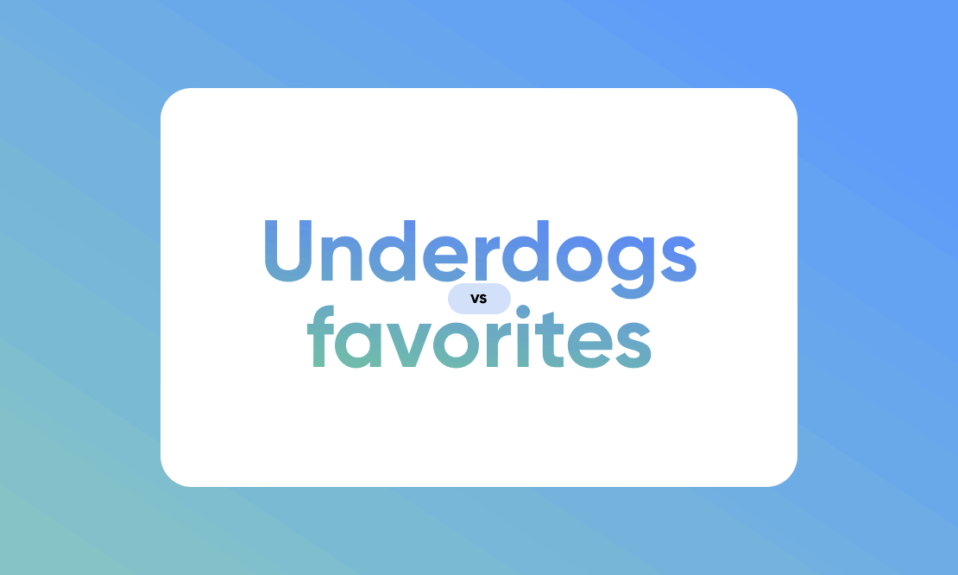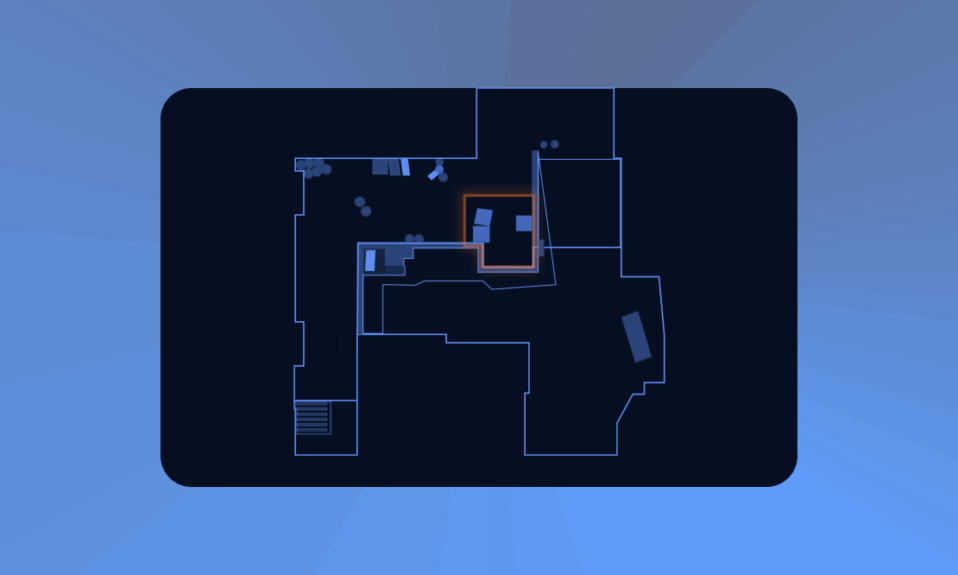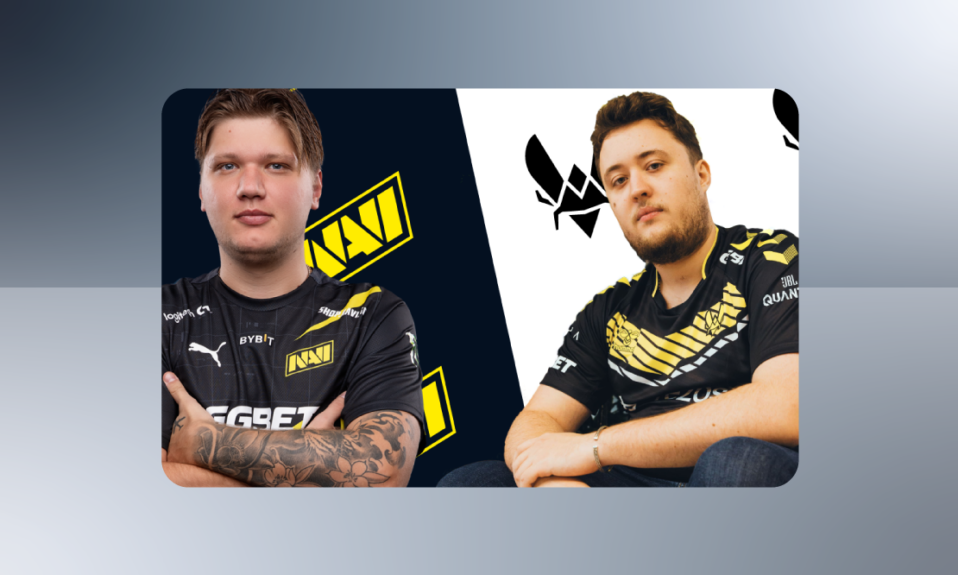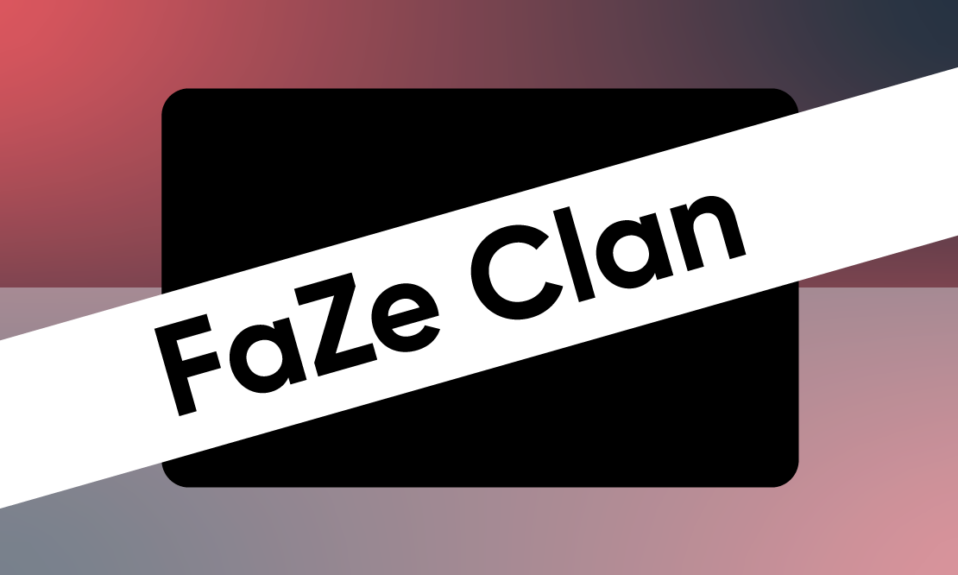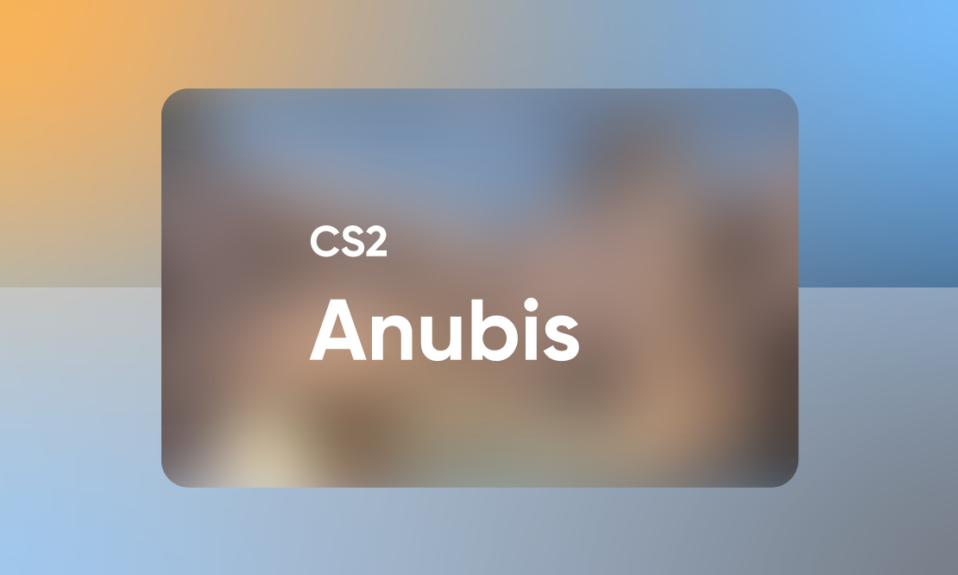
Anton Janér and Oskar Bonnevier Fröberg discuss the developments in esports betting from a regulatory, product and audience perspective in a new interview.
The esports betting market is expanding with new jurisdictions regulating in North and Latin America. Simultaneously, esports betting products are finally catching up to the same levels we see in sports, opening up the space for new innovation.
In an interview originally conducted by Tim Poole for Gambling Insider, Abios’ Founders Anton Janér and Oskar Bonnevier Fröberg discuss the current state of esports betting along with Gen Z, Latin America, and how to make esports betting products reach the next level.

Tim Poole (TP): Where does esports currently fall within sports betting?
Anton Janer (AJ): It’s hard to give a blanket answer as to what size or proportion esports have in sportsbooks today. We’ve worked with operators allocating significant resources to esports for four or five years. They might see it in their top-five sports today. On the other hand, we have the operators who’ve treated it as a second-class, long-tail product in their books, and they might find that it is precisely what it has become. It is a bit of a “you get what you give” game.
The bottom line is that esports differs from sports in many respects, so it is essential to do the groundwork and create a strategy around esports with the fans in mind, utilising channels native to esports fans for user acquisition, for example.
When speaking to partners and prospects, we try to emphasise the importance of creating an engaging betting experience that speaks to esports fans’ interests and habits. Esports fans are generally younger, digitally native individuals accustomed to smooth, fast and interesting user experiences, so that is what sportsbooks should aim to create to succeed in esports.
TP: Latin America is one of the hottest topics when it comes to esports. What’s the situation there?
Oskar Bonnevier Fröberg (OBF): Latin America is one of the key markets for our future growth. The region is home to growing economies with lots of people very interested in both sports and esports. Counter-Strike and League of Legends, two of our largest esports titles, have a huge amount of fans in the region.
As part of the Kambi network, we already have fairly large customers in a subset of the Latin American countries where sports betting is regulated. In those jurisdictions, we’re already seeing tremendous growth and considerable interest in our esports products.
TP: What do you think of Brazil with its upcoming regulation?
OBF: When it comes to Brazil specifically, I think that it is one of the most exciting markets for us in 2024 and onwards. Brazil has a population of around 220 million people. Looking at the demographics, the population is also relatively young, with many people being dedicated fans of sports.
As we all know, Brazilians are huge soccer fans. But that has also translated to esports, where big Brazilian soccer players like Neymar play Counter-Strike with professional players, streaming the matches on Twitch and bringing a huge audience to the scene.
As such, the great sports fandom and supporter culture known from Brazilian soccer has been seen in esports titles such as Counter-Strike, Rainbow 6 and a title we like to call esoccer, which was once FIFA but is now rebranded to EA Sports FC, as well.
When the market is properly regulated, and sportsbooks can start offering esports, it will be a massive market for us because we already have partners through the Kambi Group that intend to go live in Brazil from day one.
TP: Moving a bit north, what does esports look like in North America at the moment?
OBF: North America is a very interesting market and has been on our radar for a long time for future growth. Unfortunately, the region has been slower to develop for esports than we’ve hoped, both in terms of regulation and fan engagement.
Esports regulation is lagging behind sports regulation in some states, while others haven’t regulated it at all. As betting in the United States is regulated on a state-by-state basis, it is incredibly important for all actors in the field to be licensed in the relevant jurisdictions, making it a challenging space to navigate.
As such, one of the largest benefits of being acquired by Kambi is that we can leverage Kambi’s portfolio of licences and a world-class legal team to ensure we comply with all regulatory and licensing frameworks. This enables us to offer our products in all of the states that do allow esports. For the states that are yet to regulate esports, we aim to be licensed from day one.
While there are a few challenges in North America, we remain optimistic and see it as one of our big, future growth markets.
TP: On a technical side, you know, bearing in mind North America, South America, and globally, sports betting has grown to the point where there are now a number of suppliers across the sector. What does Abios offer that other suppliers don’t?
AJ: Fundamentally, there’s a significant distinction between what we can offer and what sportsbooks can get from larger, legacy providers. As a business, Abios has a strong focus on esports, with a team of professionals who all have a background in the field. Whether that be personal or professional, we’re all avid gamers.

As such, we care about the product. We want to make something that is interesting and pushes the boundaries of what an excellent betting experience is. With our own proprietary trading, we price the markets we think are most interesting and utilise our history in esports data to make sure they are curated in a way that is interesting to fans.
That, combined with the market access we get through Kambis licenses and compliance frameworks, puts us in a unique position to service regulated sportsbooks around the world with exciting esports betting solutions.
TP: How can you help operators reach a new audience with esports? And how betting-focused is the esports audience as a whole?
AJ: It is hard to say how betting-focused the esports audience is as a whole, but if you look closer at some esports games, many have built-in mechanics similar to sports betting or fantasy sports. As such, betting isn’t all too unfamiliar to many esports fans at a conceptual level.
How that translates to real-money betting is difficult to tell. Nonetheless, it circles back to the point I made earlier about the betting experience. Personally, I’m not very excited about the run-of-the-mill sportsbook experience. When planning our product releases at Abios, we try to build products that can bridge the gap between the traditional, bare-bones sportsbook and the younger, digitally native audience.
Esports fans are accustomed to gamified, smoother and more interesting user experiences overall. We see it as an untapped potential, as few sportsbooks try to create these products and cater to this user group. There are probably a lot of esports fans who are interested in betting products, but just haven’t seen one that makes their hearts tick yet.
TP: Given everything we’ve discussed for 2024, what can we expect from Abios for the coming months, and what can we expect from the esports betting market as a whole?
OBF: Up until now, esports betting has played catch-up with the best offerings in traditional sports betting. Product-wise, esports has tried to emulate the number of markets, bet builders, live offerings, margins, and other base features of a strong betting product we’ve seen in sports betting for quite some time.
In these respects, esports has been lagging behind. But what we haven’t seen yet, and what I think we might start seeing in 2024 and onwards, is the more innovative betting experiences Anton mentioned.

Many sportsbooks look the same. Once esports has caught up to the product maturity level of traditional sports, I’m excited to see who gets it right and can innovate enough to create the next-generation betting experience. Utilising the digital nature of esports, there’s a lot of opportunity to create new, unique solutions that can tie betting and viewership together.
AJ: I agree entirely. Esports has long been in a space where it has needed to catch up to sports in terms of a baseline offering in betting.
Now, we’re finally reaching a point where the high uptime, engaging product features and the number of markets you would expect from a premium betting product have materialised in esports. As such, we’ve already started to look at what the next generation of esports betting products might look like. It will be exciting to see, both from Abios and the industry as a whole.


